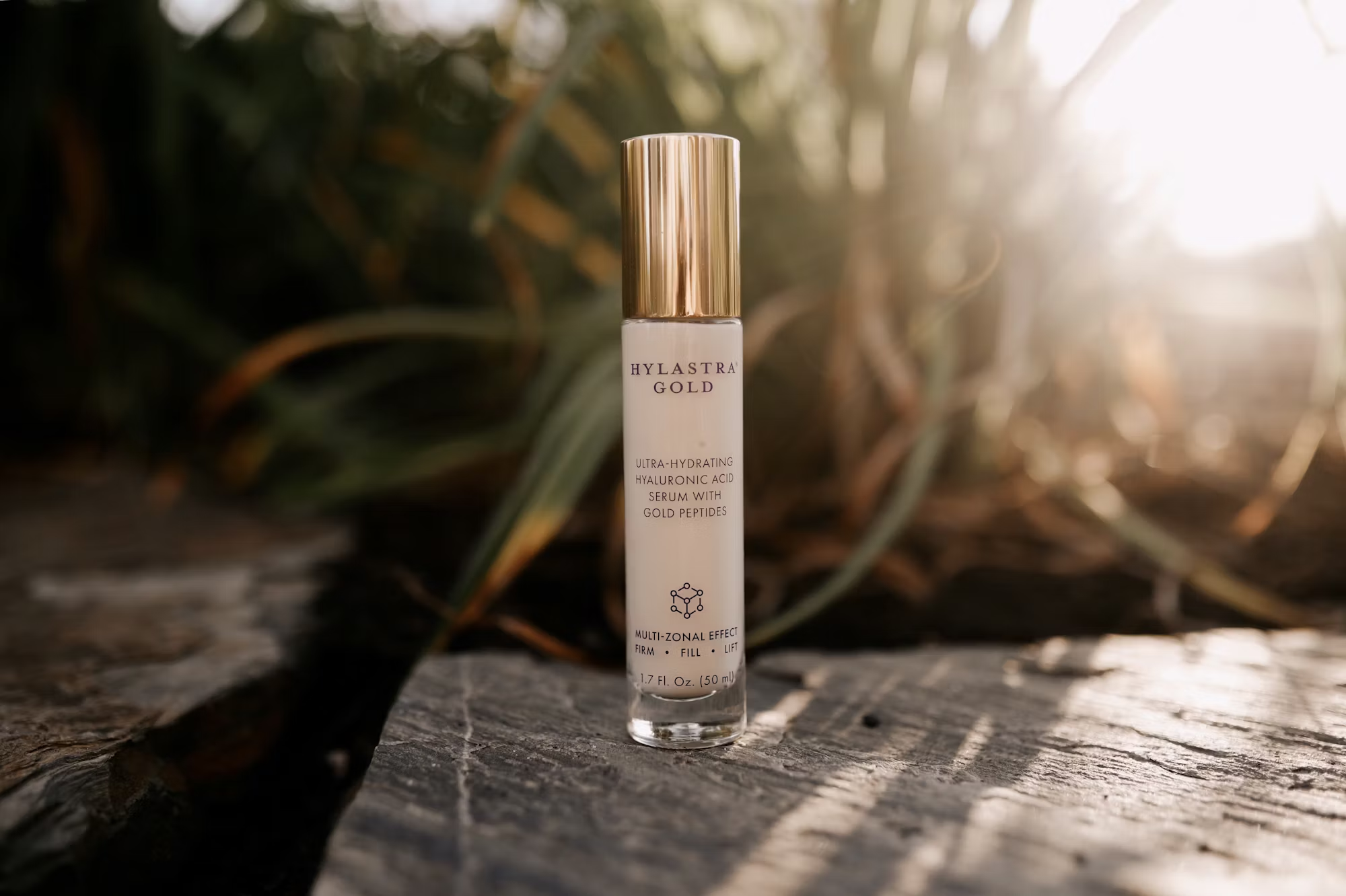The demand for natural ingredients in skincare has surged as consumers become more aware of what they apply to their skin. Many are turning to nature for solutions, seeking products that not only promise effectiveness but also provide a sense of wellness. This article explores the benefits of natural ingredients, highlights some popular options, and offers tips on how to incorporate them into your skincare routine for healthier, radiant skin.
The Rise of Natural Skincare
In recent years, there has been a notable shift in the beauty industry toward natural and organic products. This change is driven by a growing awareness of the potential harms of synthetic chemicals and a desire for more sustainable and ethical options. Natural skincare emphasizes the use of plant-based ingredients, which are often less irritating and better for overall skin health.
Consumers are becoming more discerning, demanding transparency in product formulation and a deeper understanding of how each ingredient contributes to skin health. With this shift, brands are increasingly highlighting the benefits of natural ingredients, showcasing their efficacy alongside traditional actives.
Benefits of Natural Ingredients
1. Gentle on the Skin: Natural ingredients are often less irritating than synthetic ones, making them suitable for sensitive skin. For example, aloe vera is renowned for its soothing properties, helping to calm irritation and redness.
2. Rich in Nutrients: Many natural ingredients are packed with vitamins, minerals, and antioxidants. For instance, oils like argan and jojoba provide essential fatty acids and vitamin E, which nourish and protect the skin.
3. Sustainability: Using natural ingredients often means supporting sustainable practices. Many brands prioritize ethical sourcing, ensuring that ingredients are harvested responsibly, benefiting both the planet and local communities.
4. Multi-Functional: Many natural ingredients serve multiple purposes, providing hydration, nourishment, and protection in one formulation. For example, honey is a natural humectant that also offers antibacterial properties, making it beneficial for various skin types.
5. Minimal Processing: Natural skincare products often undergo less processing, which can help retain the beneficial properties of the ingredients. This means that the skin can absorb more nutrients without the interference of synthetic additives.
Popular Natural Ingredients and Their Benefits
– Aloe Vera: Known for its soothing and hydrating properties, aloe vera is excellent for calming irritation and providing moisture. It is suitable for all skin types and is particularly beneficial for sunburned or sensitive skin.
– Coconut Oil: This versatile oil is celebrated for its moisturizing properties. Rich in fatty acids, coconut oil helps to hydrate and protect the skin barrier. It is ideal for dry skin but should be used sparingly on oily or acne-prone skin due to its comedogenic nature.
– Tea Tree Oil: Renowned for its antibacterial and anti-inflammatory properties, tea tree oil is a go-to ingredient for treating acne. It helps to reduce redness and swelling while combating the bacteria that cause breakouts.
– Rosehip Oil: Packed with essential fatty acids and vitamins A and C, rosehip oil is known for its ability to improve skin texture and promote a more even skin tone. It is also effective in reducing the appearance of scars and fine lines.
– Honey: A natural humectant, honey draws moisture to the skin and helps to maintain hydration. Its antibacterial properties make it a fantastic ingredient for acne-prone skin, while its soothing nature benefits all skin types.
– Shea Butter: Rich in vitamins and fatty acids, shea butter provides intense moisture and nourishment. It is particularly beneficial for dry or damaged skin and helps to protect against environmental stressors.
– Jojoba Oil: Similar in composition to the skin’s natural sebum, jojoba oil is easily absorbed and helps to balance oil production. It is a great choice for all skin types, providing hydration without clogging pores.
– Green Tea: Known for its antioxidant properties, green tea helps protect the skin from environmental damage. It also has anti-inflammatory benefits, making it ideal for calming irritated skin and reducing redness.
How to Incorporate Natural Ingredients into Your Routine
1. Start Slow: If you’re new to natural skincare, start by incorporating one or two natural products into your routine. This allows you to gauge how your skin reacts before adding more.
2. Read Labels: Look for products that prioritize natural ingredients and avoid synthetic additives. Pay attention to the ingredient list and choose products where natural ingredients are prominently featured.
3. DIY Options: Consider creating your own skincare treatments using natural ingredients. For example, you can make a hydrating face mask with honey and yogurt or a soothing scrub with sugar and coconut oil.
4. Layering: When layering products, apply lighter formulations first, such as serums or oils, followed by thicker creams or balms. This ensures that your skin absorbs the nutrients effectively.
5. Patch Test: Before using a new natural product, conduct a patch test to ensure you don’t have an allergic reaction. Apply a small amount to a discreet area of skin and monitor for any irritation.
6. Stay Hydrated: Remember that skincare is not just about what you apply externally; hydration from within is equally important. Drink plenty of water and consume a balanced diet rich in fruits and vegetables to support your skin’s health.
Conclusion
The journey to radiant skin can be enhanced by embracing the power of natural ingredients. By understanding the benefits of these ingredients and incorporating them into your skincare routine, you can achieve healthier, more vibrant skin. Whether through ready-made products or DIY concoctions, the world of natural skincare offers a wealth of options to explore. With a mindful approach, you can enjoy the beauty of nature while nurturing your skin’s health and vitality.
